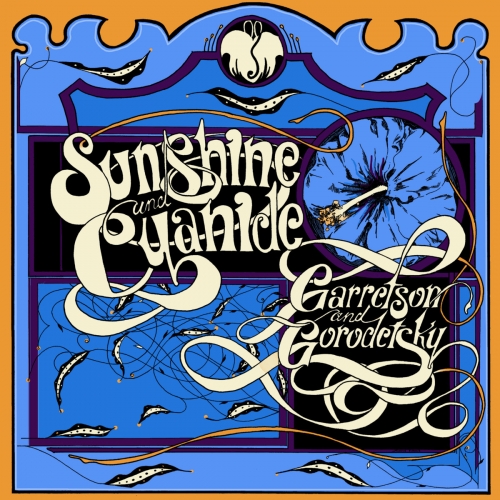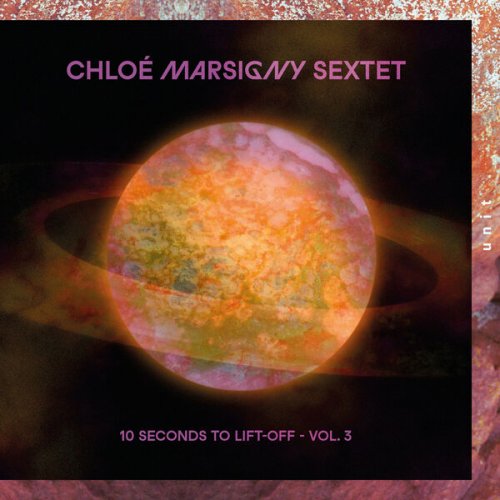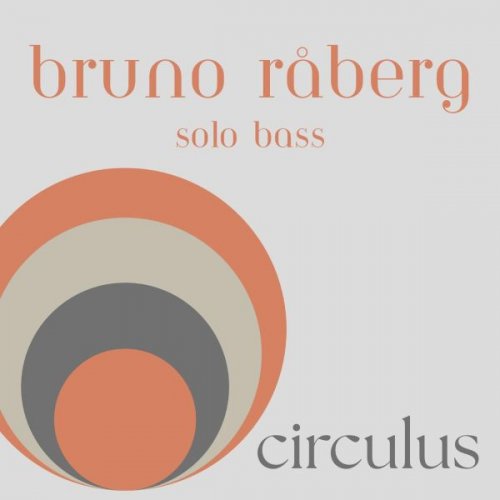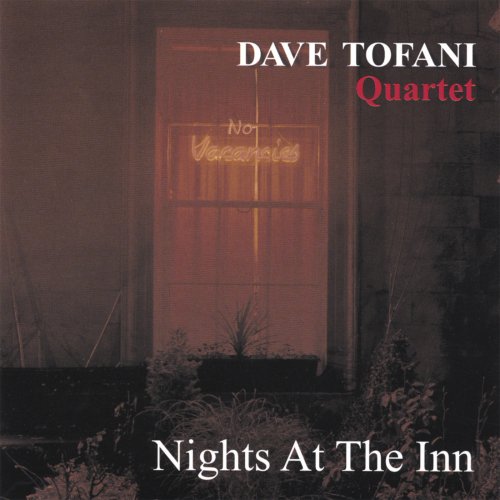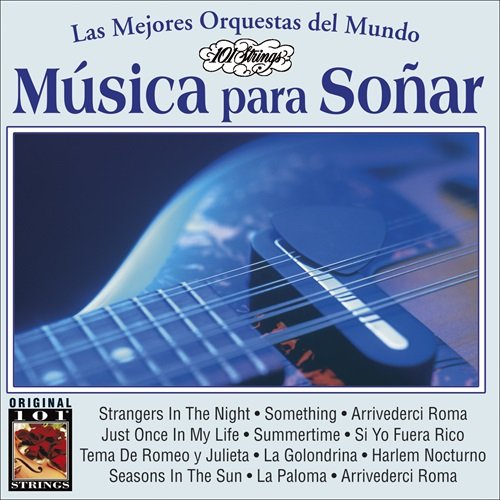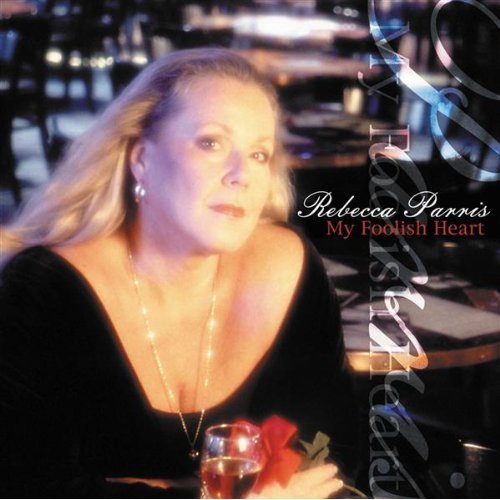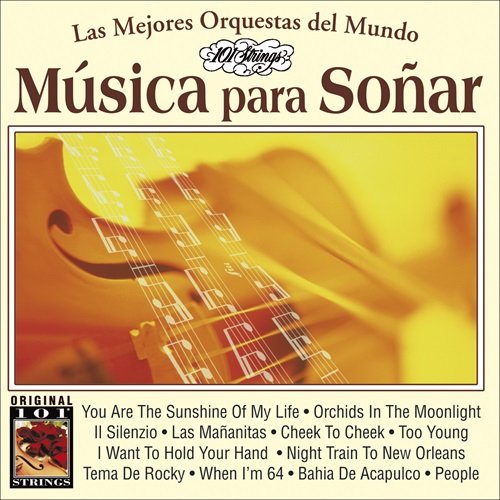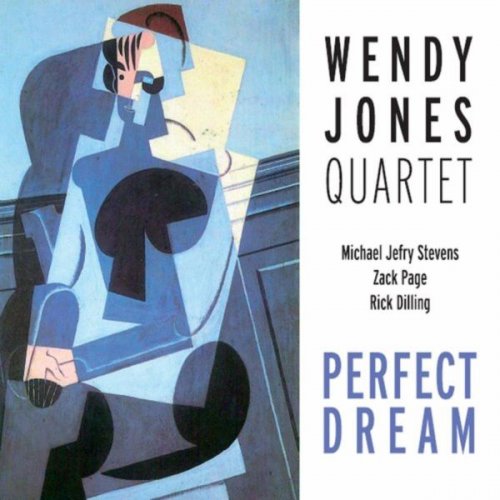Marshall Gilkes & WDR Big Band - Koln (2015)
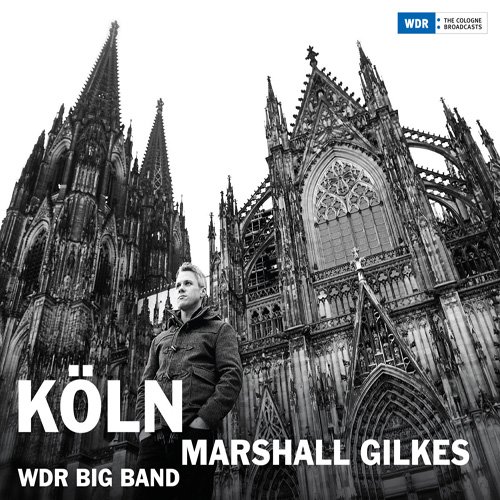
Artist: Marshall Gilkes, WDR Big Band
Title: Koln
Year Of Release: 2015
Label: Alternate Side Records
Genre: Jazz
Quality: FLAC (tracks + .cue) / MP3
Total Time: 1:08:09
Total Size: 387 / 157 MB
WebSite: Album Preview
Tracklist:Title: Koln
Year Of Release: 2015
Label: Alternate Side Records
Genre: Jazz
Quality: FLAC (tracks + .cue) / MP3
Total Time: 1:08:09
Total Size: 387 / 157 MB
WebSite: Album Preview
01. My Shining Hour (6:55)
02. Vesper (7:27)
03. 4711 Special (7:57)
04. Edenderry Intro (4:14)
05. Edenderry (7:21)
06. Plant Bassed (7:26)
07. Mary Louise (9:51)
08. End in Sight Intro (1:19)
09. End in Sight (8:40)
10. Downtime (6:59)
Köln is Marshall Gilkes’s fourth album as leader and his first fronting a big band, although he’s by no means new to that setting. For one, he’s a regular member of Maria Schneider’s Grammy-winning orchestra. (Schneider describes him as "one of those musicians who continually just drops my jaw and leaves me shaking my head in disbelief.") For another, he spent four years (2010 – 2013) as a full-time member of the WDR Big Band, another Grammy Award-winning ensemble. Except for the opening cut, all the tunes on this CD are originals, and one might expect a framework that merely showcases Gilkes’s astonishing artistry. (Those familiar with his work know his prodigious skills and lyrical sensibilities.) But his intricate arrangements highlight his outstanding band members as much or more than himself. Gilkes, in fact, only plays on three tunes: “My Shining Hour,” “Edenderry,” and “Downtime.” In addition to being a masterful recording, Köln is a lesson in humility.
After a long audition process that included several weeks of performances with the WDR Big Band, Gilkes received an invitation to be a full-time member—a rare opportunity that he accepted immediately. In addition to first-class musicianship, Gilkes explains, “the band rehearses in a fully operational recording studio with full-time engineers and copyists—a truly unique operation. When the band plays in the Kölner Philharmonie, it is generally sold out, all 2,000 seats, with enthusiastic fans.” As a WDR band member, he performed his final concert in December 2013, but, at the request of the band’s producer, he returned the following month for a farewell concert of the material heard here. Calling the experience “one of the highlights of my career,” Gilkes eventually titled the album after the city where he lived during his four-year tenure with the WDR. “It is a vibrant city,” he notes, “with an incredible music scene for such a small town. The jazz scene is booming, and young jazz musicians can be heard playing music at a very high level almost every night of the week.”
Köln kicks off with a spirited arrangement of the Arlen/Mercer standard, “My Shining Hour,” a tune Gilkes used to practice, up-tempo, in all twelve keys. Gilkes has deconstructed the song in ways that showcase his deftness with modulation—harmonic movement, sectional shifts—as well as his sense of humor. It’s a smart, rousing opener that features our leader as a soloist.
Gilkes says he wrote “Vesper” during “a period of difficult thought and decisions” when he took comfort in composing music. The tune begins very much like its definition—an evening prayer—but then seems to journey toward an answer to that prayer, from epiphany to solace. The haunting arrangement features Frank Chastenier on piano and John Marshall on flugelhorn.
“4711 Special,” written specifically with the WDR Big Band in mind, bears its name from the Original Eau de Cologne, which has been produced in the region for over 200 years. References to the famous fragrance abound in the arts—from the novel Breakfast at Tiffany’s to the cult classic The Rocky Horror Picture Show—but, like this tune’s theme, the references always return to something known, memorable, and satisfying. Solos by Ludwig Nuss (trombone) and Johan Hörlen (alto saxophone).
“Edenderry” was the lush and pensive title track to Gilkes’s first CD as leader, but that quartet session has now been expanded into a brass chorale. “When I started working on this,” he explains, “I was searching for some Aaron Copland-like (pan-diatonic) harmonies.” And indeed, the introduction with flugelhorns and trombones cadences like an exhalation of “Amen.” Gilkes then enters with the woodwinds, providing yet another lively, exploratory solo.
Written for the band’s bassist, John Goldsby, “Plant Bassed” also references the fact that Goldsby happens to be a vegan—as is the composer’s mother, who “is always talking about plant-based diets.” Gilkes adds, “I tried to take some ideas that John uses in his improvisations and use them as a basis for the melody. The piece is a blues that has a Latin B section.” In addition to the remarkable bass solos by Goldsby, we hear from trumpeter Michael Rodriguez, Gilkes’s good friend who filled in for a newly hired member of the WDR who hadn’t yet begun playing with the band.
Appropriately, the album segues to a tune named after Gilkes’s mother: “Mary Louise.” “When I was a kid, my mom was a piano and voice teacher. There was one particular exercise that she and her students would work on that has stuck with me all these years: singing the syllables Zee-ee between root and third, root and fourth, and root and fifth.” A harmonized version of that exercise introduces the genuinely charming composition. Once again, we hear a solo by Michael Rodriguez (this time on flugelhorn) as well as Frank Chastenier on piano.
“End in Sight,” written as an undergraduate at Juilliard, was originally composed for three horns (and recorded on his second album, Lost Words, with two). Gilkes creates rich harmonies to evoke greater texture in the sound—similar to his arrangement on Lost Words—but this time with ensemble work enlivened by energetic saxophone solos: Karolina Strassmayer on alto and, over new harmonies, Paul Heller on tenor.
“Downtime” appeared on Sound Stories, his third album and a genuinely brilliant one at that. Gilkes recorded Sound Stories in 2011 and wrote this arrangement for the WDR Big Band the following year, creating a different introduction than the original, as well as an interlude. But what matters most is what has not changed: the creative soloing by Marshall Gilkes, who proves once again why he’s one of the most versatile and exciting trombonists on the planet.
After a long audition process that included several weeks of performances with the WDR Big Band, Gilkes received an invitation to be a full-time member—a rare opportunity that he accepted immediately. In addition to first-class musicianship, Gilkes explains, “the band rehearses in a fully operational recording studio with full-time engineers and copyists—a truly unique operation. When the band plays in the Kölner Philharmonie, it is generally sold out, all 2,000 seats, with enthusiastic fans.” As a WDR band member, he performed his final concert in December 2013, but, at the request of the band’s producer, he returned the following month for a farewell concert of the material heard here. Calling the experience “one of the highlights of my career,” Gilkes eventually titled the album after the city where he lived during his four-year tenure with the WDR. “It is a vibrant city,” he notes, “with an incredible music scene for such a small town. The jazz scene is booming, and young jazz musicians can be heard playing music at a very high level almost every night of the week.”
Köln kicks off with a spirited arrangement of the Arlen/Mercer standard, “My Shining Hour,” a tune Gilkes used to practice, up-tempo, in all twelve keys. Gilkes has deconstructed the song in ways that showcase his deftness with modulation—harmonic movement, sectional shifts—as well as his sense of humor. It’s a smart, rousing opener that features our leader as a soloist.
Gilkes says he wrote “Vesper” during “a period of difficult thought and decisions” when he took comfort in composing music. The tune begins very much like its definition—an evening prayer—but then seems to journey toward an answer to that prayer, from epiphany to solace. The haunting arrangement features Frank Chastenier on piano and John Marshall on flugelhorn.
“4711 Special,” written specifically with the WDR Big Band in mind, bears its name from the Original Eau de Cologne, which has been produced in the region for over 200 years. References to the famous fragrance abound in the arts—from the novel Breakfast at Tiffany’s to the cult classic The Rocky Horror Picture Show—but, like this tune’s theme, the references always return to something known, memorable, and satisfying. Solos by Ludwig Nuss (trombone) and Johan Hörlen (alto saxophone).
“Edenderry” was the lush and pensive title track to Gilkes’s first CD as leader, but that quartet session has now been expanded into a brass chorale. “When I started working on this,” he explains, “I was searching for some Aaron Copland-like (pan-diatonic) harmonies.” And indeed, the introduction with flugelhorns and trombones cadences like an exhalation of “Amen.” Gilkes then enters with the woodwinds, providing yet another lively, exploratory solo.
Written for the band’s bassist, John Goldsby, “Plant Bassed” also references the fact that Goldsby happens to be a vegan—as is the composer’s mother, who “is always talking about plant-based diets.” Gilkes adds, “I tried to take some ideas that John uses in his improvisations and use them as a basis for the melody. The piece is a blues that has a Latin B section.” In addition to the remarkable bass solos by Goldsby, we hear from trumpeter Michael Rodriguez, Gilkes’s good friend who filled in for a newly hired member of the WDR who hadn’t yet begun playing with the band.
Appropriately, the album segues to a tune named after Gilkes’s mother: “Mary Louise.” “When I was a kid, my mom was a piano and voice teacher. There was one particular exercise that she and her students would work on that has stuck with me all these years: singing the syllables Zee-ee between root and third, root and fourth, and root and fifth.” A harmonized version of that exercise introduces the genuinely charming composition. Once again, we hear a solo by Michael Rodriguez (this time on flugelhorn) as well as Frank Chastenier on piano.
“End in Sight,” written as an undergraduate at Juilliard, was originally composed for three horns (and recorded on his second album, Lost Words, with two). Gilkes creates rich harmonies to evoke greater texture in the sound—similar to his arrangement on Lost Words—but this time with ensemble work enlivened by energetic saxophone solos: Karolina Strassmayer on alto and, over new harmonies, Paul Heller on tenor.
“Downtime” appeared on Sound Stories, his third album and a genuinely brilliant one at that. Gilkes recorded Sound Stories in 2011 and wrote this arrangement for the WDR Big Band the following year, creating a different introduction than the original, as well as an interlude. But what matters most is what has not changed: the creative soloing by Marshall Gilkes, who proves once again why he’s one of the most versatile and exciting trombonists on the planet.
